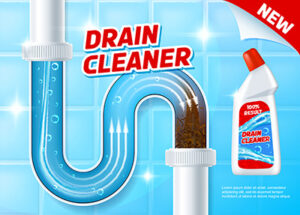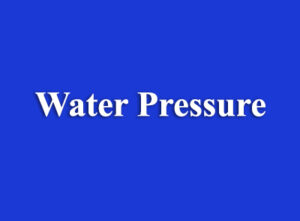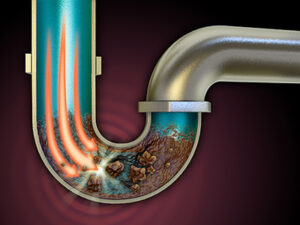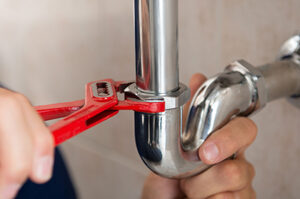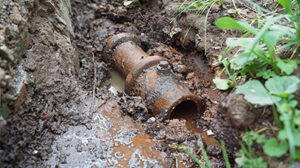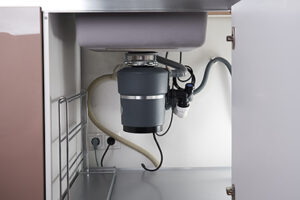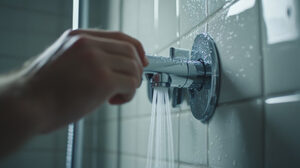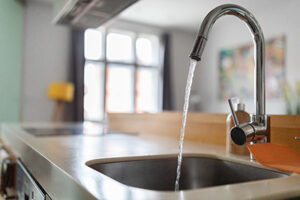Few household problems are as frustrating as a drain that keeps clogging. You clear it, things seem fine for a while, and then the water starts backing up again. If this sounds familiar, the issue is likely more than a one-time blockage. Understanding the most common causes of recurring drain clogs can help you prevent future problems and know when it’s time to call a professional plumber.
1. Grease and Food Buildup
One of the leading causes of clogged kitchen drains is grease. While grease may go down the drain as a liquid, it cools and hardens inside your pipes. Over time, grease sticks to pipe walls and traps food particles, creating stubborn clogs. Even using hot water or dish soap doesn’t fully prevent grease buildup. Foods like coffee grounds, rice, pasta, and eggshells also contribute to recurring blockages.
2. Hair and Soap Scum
Bathroom drains are especially prone to clogs caused by hair and soap residue. Hair easily tangles inside pipes, while soap scum forms a sticky film that catches debris. As this buildup grows, water drains more slowly and eventually stops altogether. Shower and sink clogs often return quickly if the underlying buildup isn’t fully removed.
3. Flushing the Wrong Items
Toilets are designed to handle only human waste and toilet paper. Items such as wipes (even “flushable” ones), paper towels, feminine products, cotton swabs, and diapers do not break down properly. These materials can lodge in pipes and cause recurring toilet clogs or even sewer line blockages.
4. Tree Roots in Sewer Lines
If multiple drains in your home are clogging at the same time, the problem may be outside your house. Tree roots naturally seek moisture and can invade small cracks in underground sewer lines. Once inside, roots expand and trap debris, leading to repeated backups. This type of issue typically requires professional inspection and repair.
5. Pipe Damage or Poor Plumbing Design
Older homes may have pipes that are corroded, cracked, or improperly sloped. Damaged pipes restrict water flow and allow debris to collect more easily. In some cases, outdated plumbing materials or poor installation can cause frequent drain issues throughout the home.
6. Overuse of Chemical Drain Cleaners
While chemical drain cleaners may offer a quick fix, they often don’t remove the entire clog. Worse, frequent use can damage your pipes, especially older ones, making future clogs more likely. These products can mask a deeper problem rather than solve it.
When to Call a Professional Plumber
If your drains clog repeatedly, drain slowly, or cause backups in multiple fixtures, it’s time to call a professional plumber. A licensed plumber can use tools like drain snakes, hydro jetting, or sewer camera inspections to identify and eliminate the root cause of the problem.
Preventing Future Drain Clogs
Regular drain maintenance, being mindful of what goes down your pipes, and scheduling professional cleanings can help keep your plumbing system running smoothly. Addressing small issues early can save you from costly repairs down the road.
If your drains won’t stay clear, don’t wait for a bigger plumbing emergency—professional help can make all the difference.
Elite Plumbing of Florida provides plumbing services in Clearwater, Palm Harbor, and Safety Harbor and most of Pinellas County.
For more information, visit our website https://eliteplumbingoffloridallc.com/or call (727) 301-4846.

